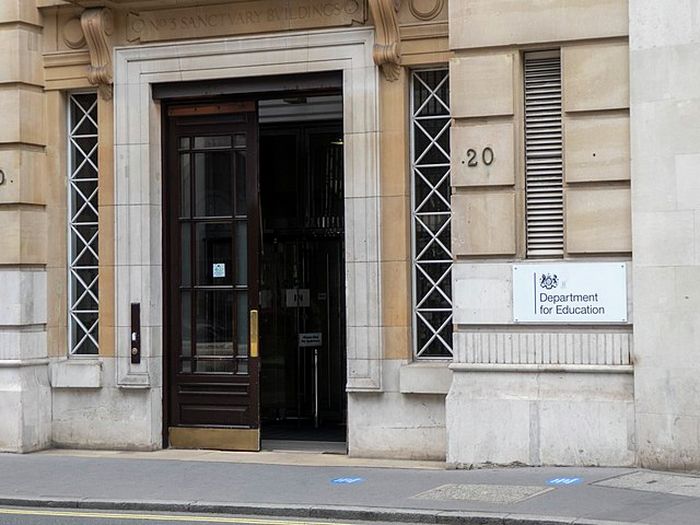Most students think Uni is bad value for money
12% of graduates said their university career has made them financially worse off

Most students who attended universities since fees rose to £9,000 view their degree as having poor value for money, according to a YouGov survey.
This marks a sharp increase from 35% of students who studied between 2006/7 - 2011/12 (and paid £3,000 in fees), and over double the number of students who paid £1,000 in yearly fees.
The perceived quality of university education has not significantly decreased as tuition fees have risen, however, with 81% of recent graduates saying they received a good quality education, comparable to the 85% of those who paid £3,000 per year who said the same. However, the highest level of satisfaction (93%) was among those who had studied before fees were introduced, representing a 12% decrease over the past 20 years.
This comes after the University backed the government’s plans to increase student tuition fees to £9,535 next year, with the head of the Russell Group stating that the government is “engaging seriously with the financial difficulties facing universities and students”.
On top of this fewer than 40% of graduates see university as having paid off financially based on their current earnings, with 12% saying that a university career has made them financially worse off.
The most recent graduates are more pessimistic, with 20% believing that they earn less after having attended university. However, 52% of all graduates believe that over the course of their lives, a university degree will improve their earnings relative to their peers.
Students of STEM and medicine degrees are more likely to be optimistic about their current and future earnings, with 63% of STEM students and 58% of medicine students respectively predicting that their future earnings will be higher because of university.
According to graduates currently in work, 61% say that their university education has been helpful in getting their job, and 56% say it has been helpful in doing their job well.
However, there is a strong gulf between graduates in medicine courses to those in the creative arts and humanities, with more creative arts graduates saying that their degree has had a negative impact on job performance (49%) than a positive one (47%).
Discrepancies in the perceived value of a university education also appear along gender lines, with 65% of men being more likely to see their university degree as having been good value for money compared to 59% of women.
More men also say that their current earnings are higher because of their university education; 42% of men compared to 36% of women. This division widened when participants were asked about future earnings, with 48% of women saying their degree will be helpful, compared to 56% of men.
Unequal benefits of a university education were also felt across different regions. Students from the north of England were less likely to say that their degree was good value for money (56% compared to 62% of students from London). They were also more likely to say that their university degree has been unhelpful for their current career (31%).
Want to share your thoughts on this article? Send us a letter to letters@varsity.co.uk or by using this form.
 News / Cambridge student numbers fall amid nationwide decline14 April 2025
News / Cambridge student numbers fall amid nationwide decline14 April 2025 Lifestyle / First year, take two: returning after intermission14 April 2025
Lifestyle / First year, take two: returning after intermission14 April 2025 News / First candidate to announce chancellorship bid pledges to tackle bullying 12 April 2025
News / First candidate to announce chancellorship bid pledges to tackle bullying 12 April 2025 News / Uni to ‘review’ tripos rankings and weekend lectures in undergrad teaching overhaul10 April 2025
News / Uni to ‘review’ tripos rankings and weekend lectures in undergrad teaching overhaul10 April 2025 Sport / Cambridge celebrate clean sweep at Boat Race 202514 April 2025
Sport / Cambridge celebrate clean sweep at Boat Race 202514 April 2025




